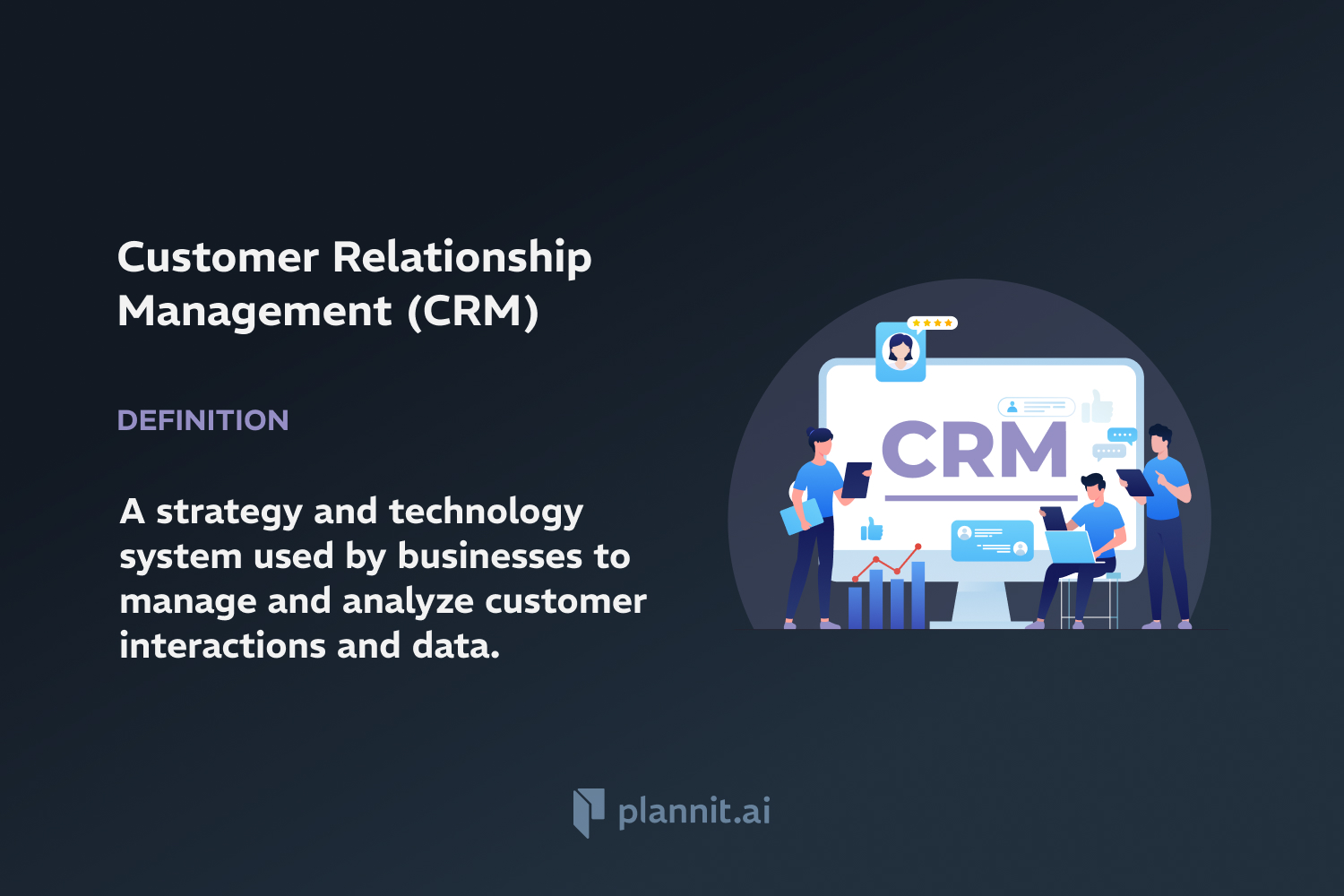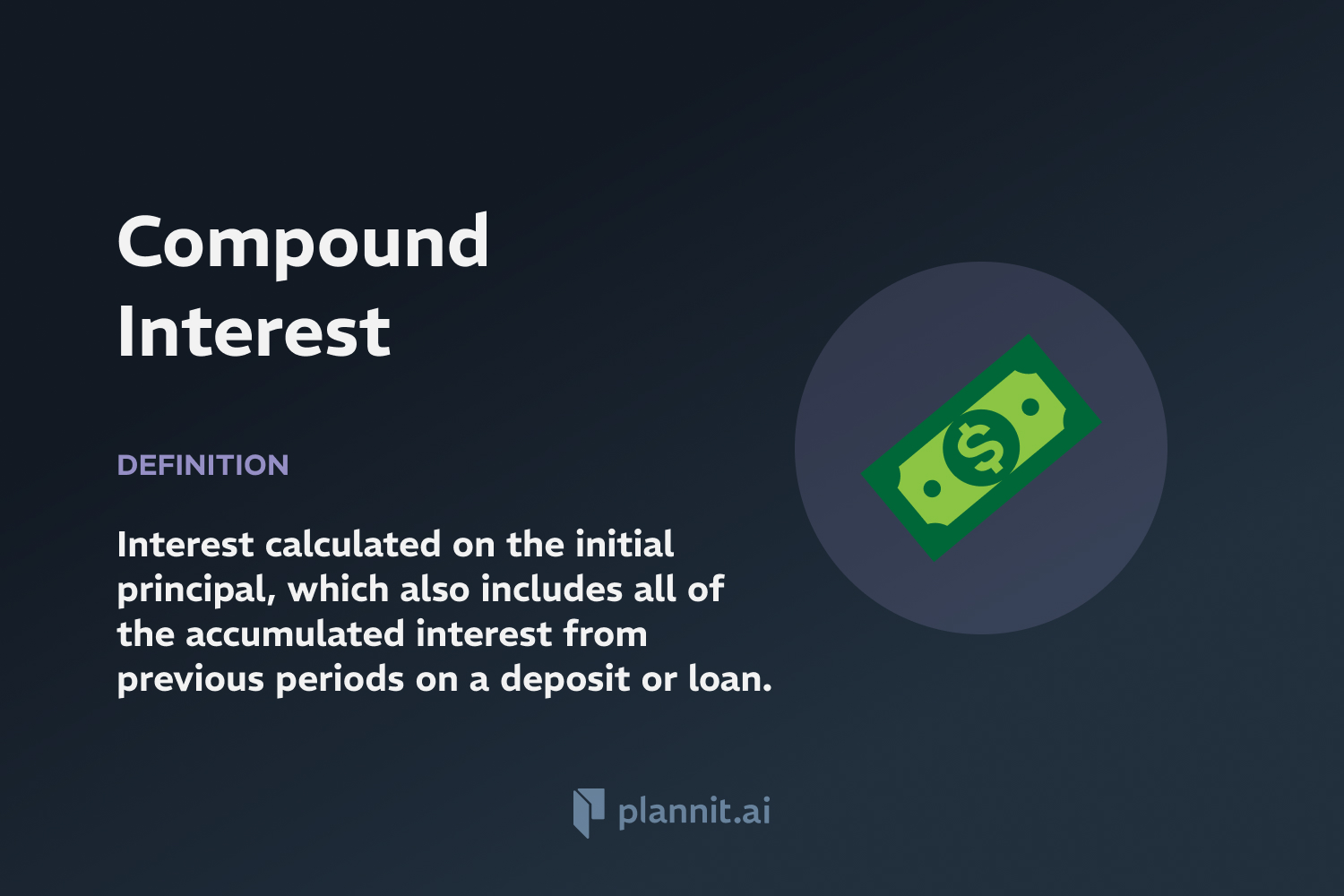Need Help With Your Business Plan?
Answer tailored questions and get a detailed business plan in minutes.
Intellectual Property Rights (IPR): Definition & In-Depth Explanation
Intellectual Property Rights (IPR) refer to the legal rights granted to the creators of original works, including inventions, literary and artistic works, designs, symbols, names, and images used in commerce. These rights are essential for fostering an environment that encourages innovation and creativity by providing legal protection to the intellectual property (IP) owners, ensuring they can reap the benefits of their creations without unauthorized use by others.
Purpose:
The purpose of intellectual property rights is to protect the interests of creators by giving them exclusive rights to their creations for a certain period. This exclusivity allows creators to control and profit from their inventions or works, which in turn motivates further innovation and contributes to economic growth. IPR also helps ensure that consumers can trust the quality and origin of products and services.
Example:
A software company develops a new application. To protect its creation, the company can apply for copyright protection for the code and artistic elements, a patent for any novel functionality, and trademarks for the brand name and logo. These intellectual property rights prevent competitors from copying or profiting from the company's innovation without permission.
Related Terms:
Patent: A patent provides the holder with exclusive rights to an invention, usually for a period of 20 years from the filing date of the patent application, allowing them to manufacture, use, and sell the invention.
Copyright: Copyright law protects the original works of authorship such as books, music, film, and software, typically giving the creator exclusive rights to reproduce, distribute, and perform the work.
Trademark: A trademark is a sign capable of distinguishing the goods or services of one enterprise from those of other enterprises. Trademarks are protected by intellectual property rights.
Trade Secret: Any confidential business information which provides an enterprise a competitive edge and is subject to reasonable steps to keep it confidential.
FAQs:
How long do intellectual property rights last?
The duration of intellectual property rights varies: copyrights generally last for the life of the author plus 70 years, patents typically expire after 20 years, trademarks can last indefinitely with proper renewal, and trade secrets remain protected as long as they are kept confidential.
What happens if someone infringes on intellectual property rights?
If intellectual property rights are infringed upon, the rights holder can take legal action against the infringer. The remedies might include an injunction to stop further infringement, monetary damages, and in some cases, criminal penalties.
Can intellectual property rights be sold or transferred?
Yes, intellectual property rights can be sold, transferred, or licensed to others. This can provide an additional revenue stream for rights holders and allow others to legally utilize the protected works or inventions.
Why are intellectual property rights important for businesses?
For businesses, intellectual property rights help to establish a unique brand identity, secure investment, and provide a competitive edge by protecting innovations and creative works from unauthorized use by competitors.
How do international intellectual property rights work?
Intellectual property rights are generally territorial and only provide protection in the country or region where they are granted. However, international treaties such as the Paris Convention and the Madrid System provide mechanisms to seek protection in multiple countries through a single application.
Get funding with a business plan that will impress investors.
Starting a New Business?



